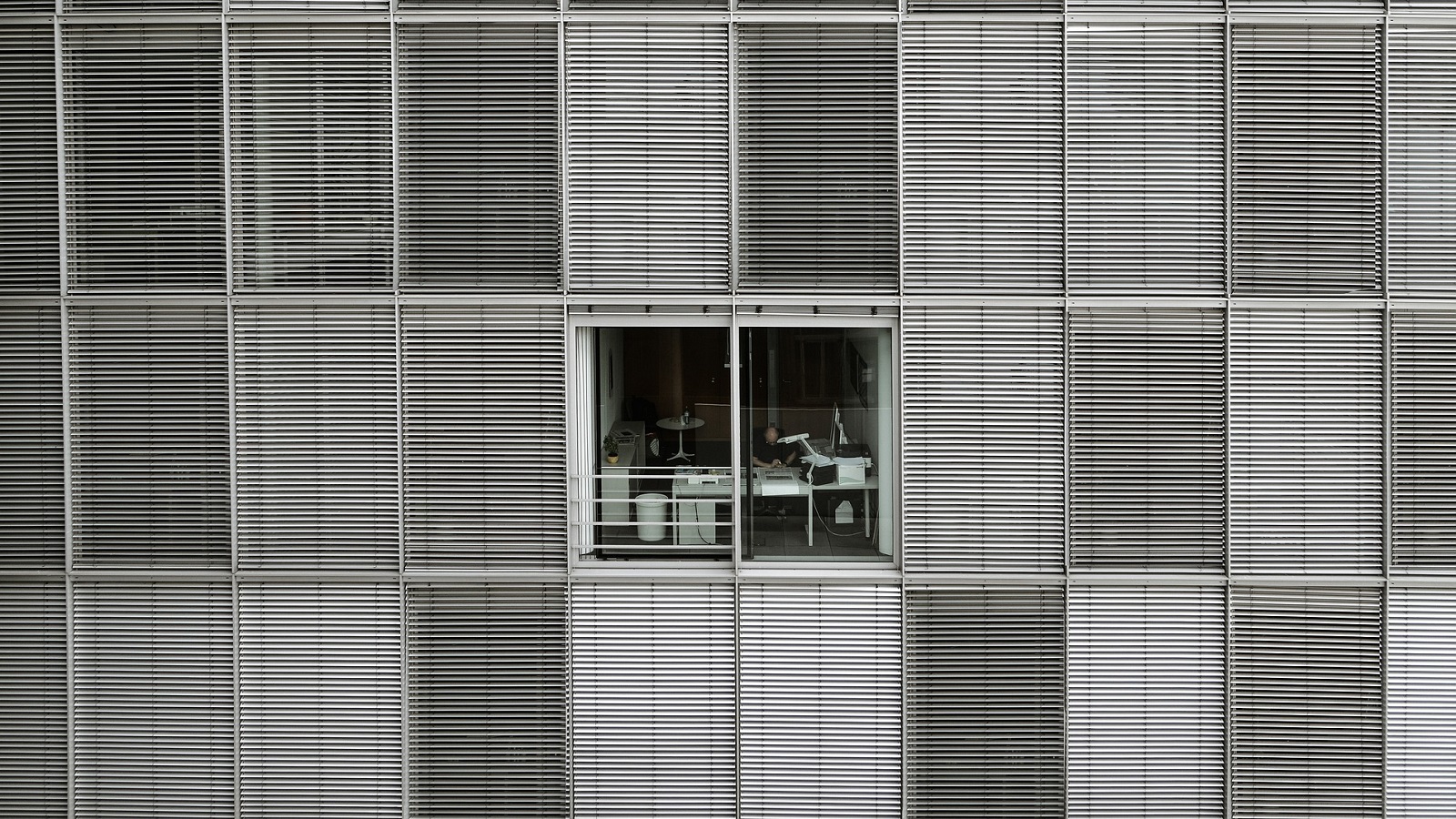
COVID-19 made teleworking a routine for many professionals that is now having a hard time forgetting, and the truth is that it is understandable since, in the end working from home has many good things, as long as the atmosphere is right, and as long as we know how to organize you and truly “disconnect” when the time comes to do so.
It may seem easy, but the truth is that it is not, and I know very well what I am talking about, since I have been working remotely for many years. In the end, no matter how well you organize yourself, you always end up rushing the time to the maximum, covering more than you should, and your workspace also becomes your main leisure corner, which makes You don’t always get to truly disconnect.
The study “The Future of Work in Financial Services: Remote or In-Office?”, prepared by the market research firm Atomik Research and the video creation company Vidyard, confirms that teleworking has become one of the favorite modalities of many professionals, so much so that most are willing to keep it even if it implies a reduction of land, or the loss of certain advantages.
According to the data from that study, in which 503 financial services professionals who work in sectors such as sales, marketing, human resources and customer service have participated, 96% He said that he prefers to telecommute even if he has to give up part of his salary to do it permanently, and we are not talking about a small amount: 30% would give up half, or more, of their salary.
This is easy to understand, and it is that, in the end, in addition to the advantages in terms of comfort and family conciliation that teleworking entails, there is also the issue of expenses and the loss of time that going to the workplace entails. In many cases, it pays especially if we are at a considerable distance from our workplace.
However, not everything is positive, as this report also indicates that 86% of respondents feel mistreated for the benefits they give to those who come to the office. They also say they feel ignored in many cases, such as when they participate in meetings remotely (via their computer camera).
Is it fair that an employee who teleworks earns less than one who goes to the office? Personally I have it very clear, if the first does the same job, and maintains the same level of productivity as the second, it is not fair at all. Teleworking is not synonymous with lazing around, and we must remove the stigma once and for all that we drag in this country in this sense, since many still believe that an employee will not work if he is not in an office, with the boss nearby. In fact, it is even ironic, because precisely in more than one office I have seen how the opposite happens.



